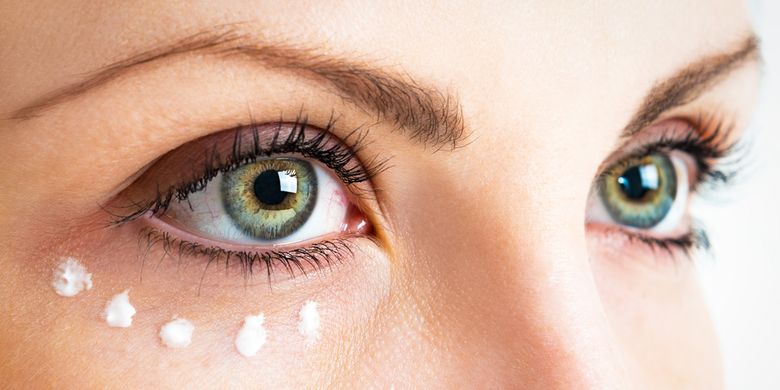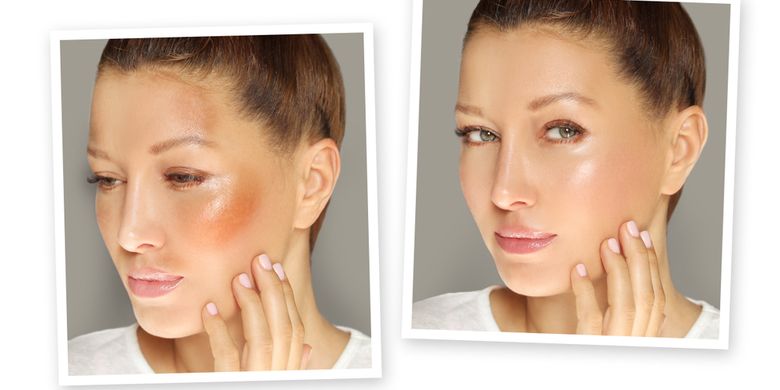6 Benefits of Vitamin E for the Body
KOMPAS.com – Vitamin E is one of the essential nutrients for maintaining healthy eyes, reproduction, brain, and skin.
Vitamin E is a fat soluble vitamin. These nutrients contain antioxidants that can protect body cells from the bad effects of free radicals.
Free radicals play a role in triggering heart disease, cancer and other chronic diseases.
Also read: 7 Benefits of Vitamin B Complex for Health
The need for vitamin E per day for each person varies, depending on age and gender.
Reporting from WebMD, here is a breakdown of vitamin E requirements per day:
- Children 1-3 years of age: 6 mg or 9 IU
- Children 4-8 years: 7 mg or 10.4 IU
- Children 9-13 years: 11 mg or 16.4 IU
- Women 14 years and over: 15 mg or 22.4 IU
- Pregnant women: 15 mg or 22.4 IU
- Breastfeeding mothers: 19 mg or 28.5 IU
- Men age 14 years and over: 15 mg or 22.4 IU
Lack of vitamin E can lead to nerve pain and other health problems.
Also read: 7 Benefits of Vitamin C for the Body
Here are the various benefits of vitamin E for the body that should not be underestimated:
1. Helps overcome nervous disorders
Launch Verywell Fit, the benefits of vitamin E are proven to help treat nervous system disorders such as Alzheimer’s and epilepsy.
There is research that shows vitamin E can slow memory decline in some people with Alzheimer’s.
In addition, vitamin E is also useful for preventing damage to peripheral nerve tissue due to the side effects of certain drugs.
Long-term use of drugs to treat certain chronic diseases can lead to damage to peripheral nerve tissue.
Also read: 10 Benefits of Vitamin D for the Body
2. Supporting eye health
 Eye illustration
Eye illustrationThe benefits of vitamin E that should not be underestimated are supporting eye health.
Vitamin E has been shown to maintain the health of the retina, cornea and uvea.
A study has shown that vitamin E can prevent cataracts related to aging.
In addition, vitamin E is also used to treat eye disorders in newborns.
However, before taking vitamin E supplements, you must consult a doctor.
The reason is, giving high doses of vitamin E can actually trigger eye damage in people with retinitis pigmentosa.
3. Helps overcome liver and kidney disease
Vitamin E cannot treat or prevent liver disease.
However, these nutrients can help slow down or prevent liver disease from getting worse.
Especially the type of fatty liver disease or nonalcoholic fatty liver.
In addition, vitamin E also helps in the effective treatment of chronic hepatitis B.
Also read: 10 Fruits Containing Vitamin E
4. Overcoming hyperpigmentation
 Illustration of brown patches on face.
Illustration of brown patches on face.One of the benefits of vitamin E for the body is to maintain healthy skin, one of which is hyperpigmentation.
Hyperpigmentation or dark patches on the skin can appear when the body produces too much melanin.
This condition can be overcome by applying drugs that contain vitamin E.
To be more effective, the use of vitamin E for hyperpigmentation needs to be supported by vitamin C.
5. Prevent premature aging
Vitamin E contains a lot of antioxidants which are good for maintaining blood circulation.
This is useful for maintaining skin firmness and preventing premature aging.
Research in 2013 also said that vitamin E and natural ingredients rich in antioxidants can prevent the appearance of fine wrinkles on the skin.
Also read: Foods Containing Vitamins C and E
6. Smooth and soften the lips
 Illustration of dry lips, chapped lips
Illustration of dry lips, chapped lipsAnother unfortunate missed benefit of vitamin E is overcoming chapped lips.
Vitamin E can smooth and soften lips because of its big role in regenerating cells.
That way, the process of rejuvenating dry and cracked skin, including the lips, can be faster.
To support body functions, vitamin E needs to be met.
According to Mayo Clinic, one of the best ways to meet the needs of this important nutrient is to eat foods rich in vitamin E.
Some food sources of vitamin E include canola oil, olive oil, margarine, almonds, and peanuts.
Foods that are high in other vitamin E include meat, milk, and green leafy vegetables.
Avoid carelessly taking vitamin E supplements without a doctor’s supervision.